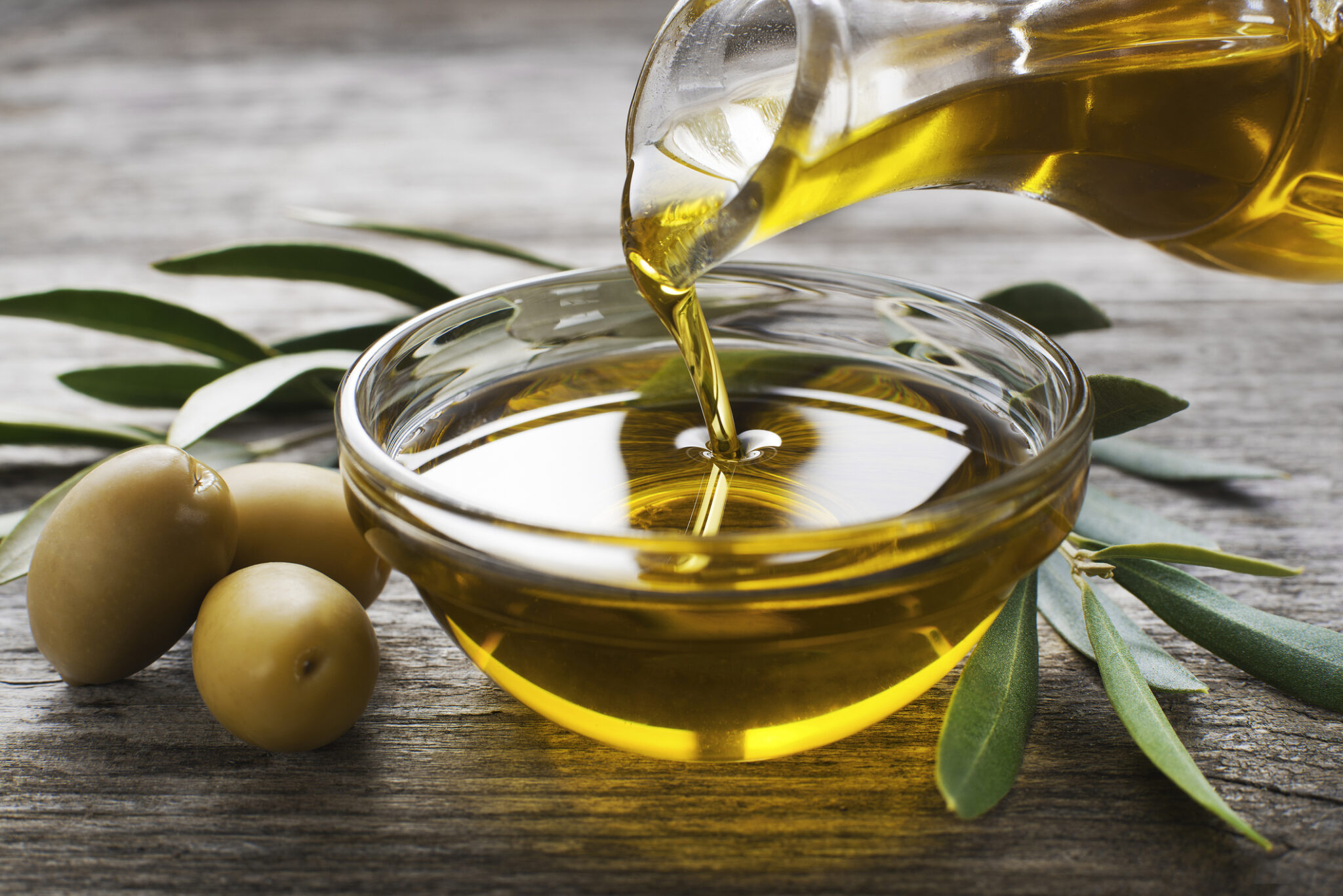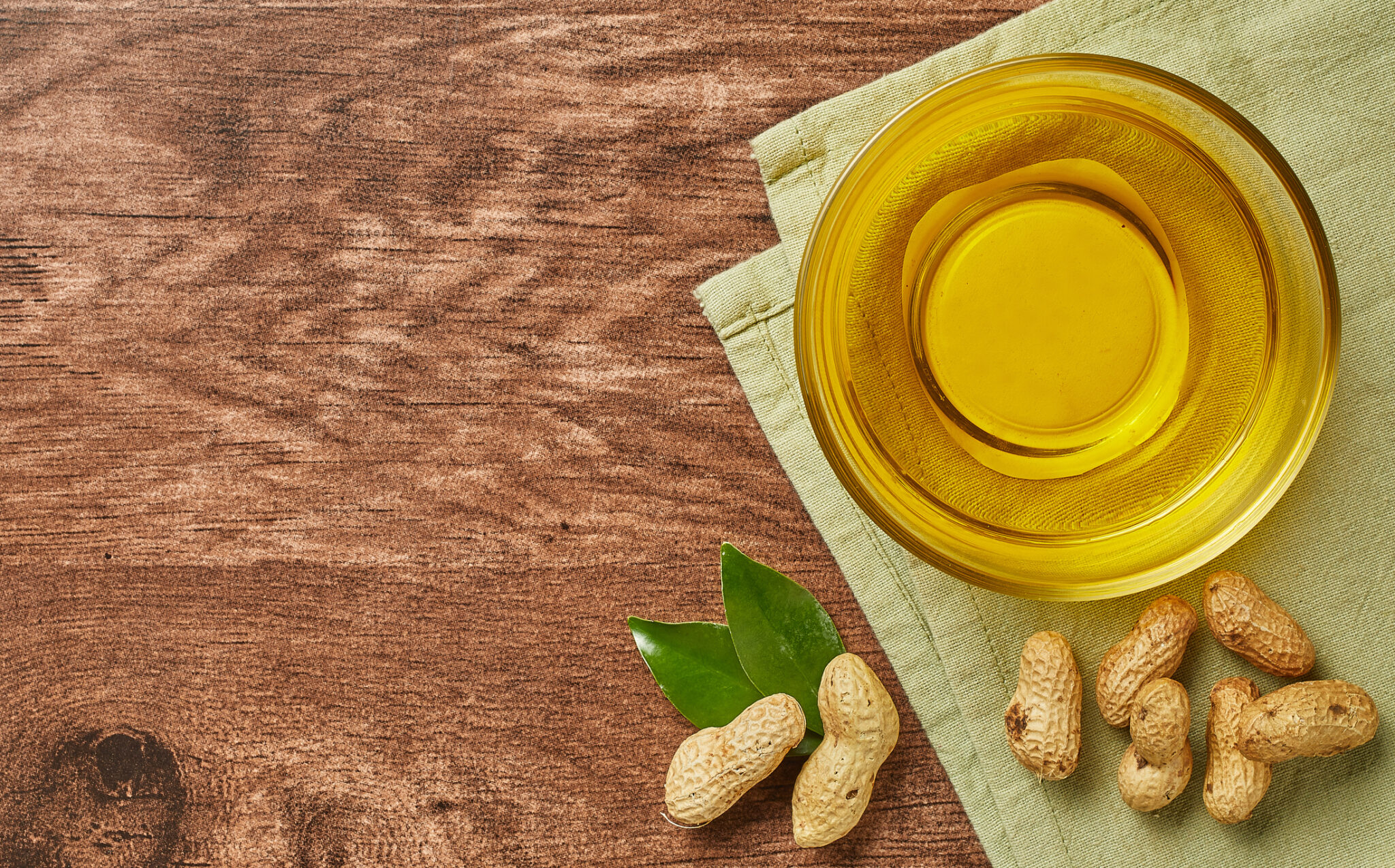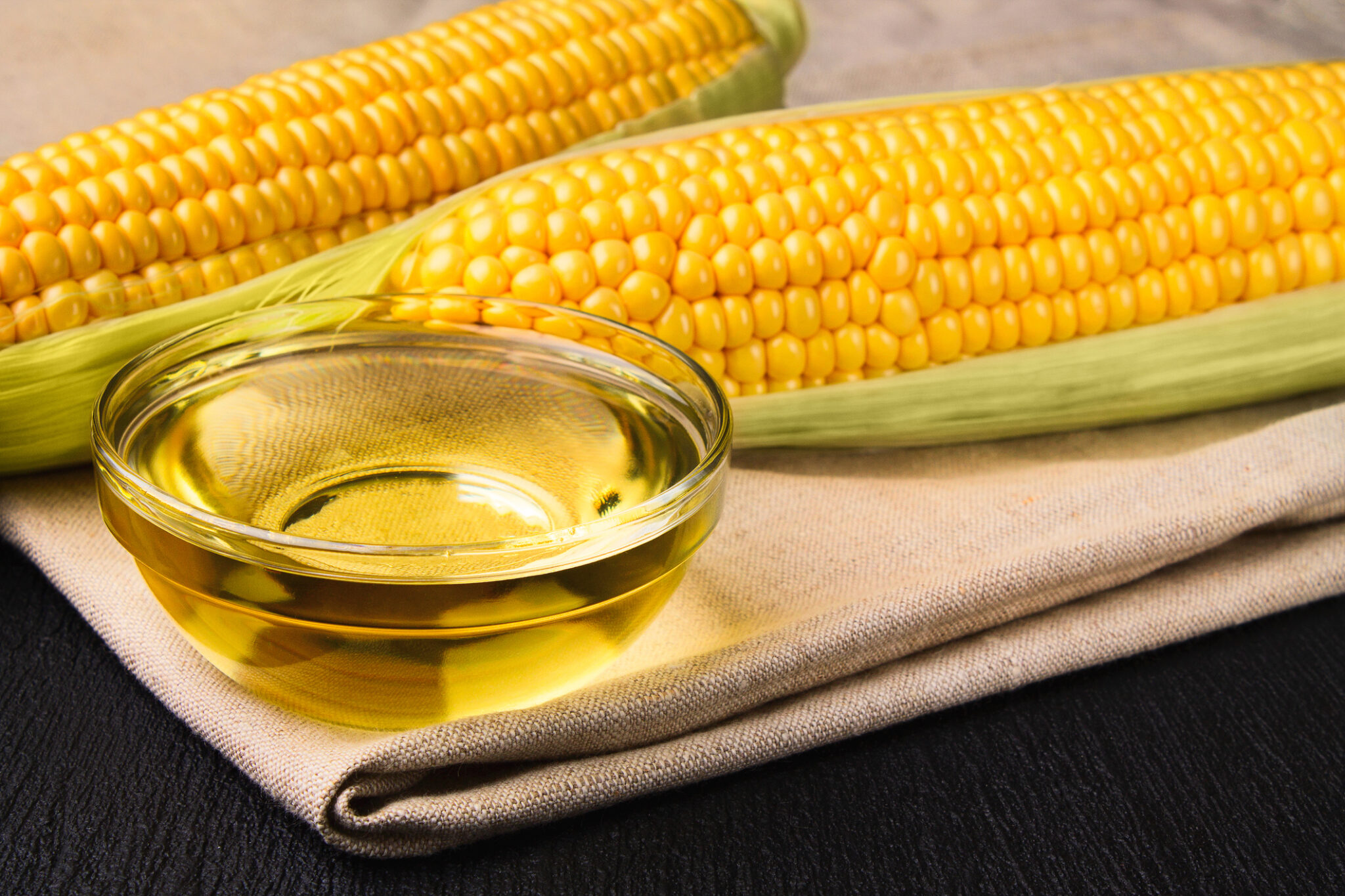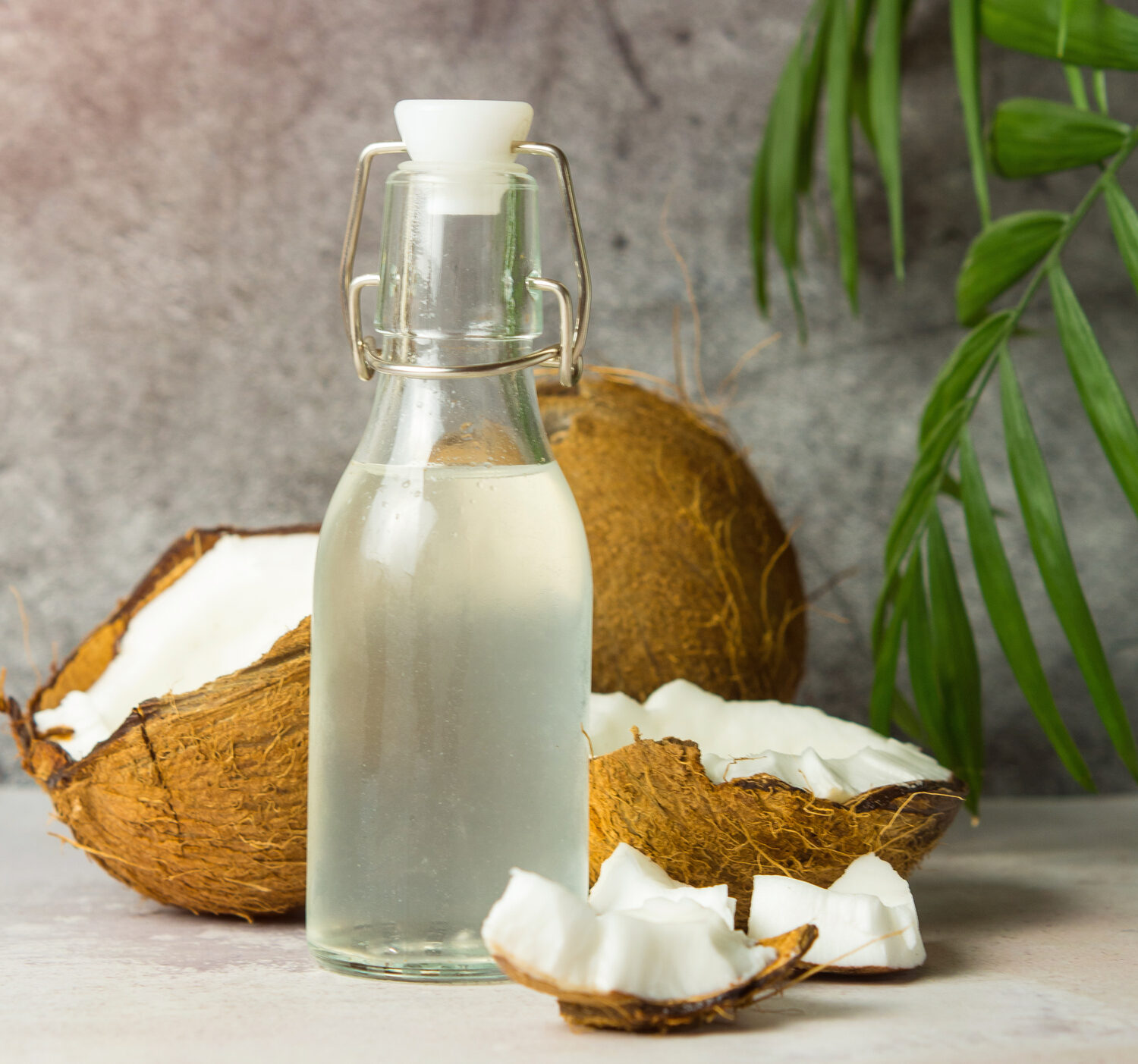- Mon-Sun : 8:00 AM - 5.00 PM
Areas of Service
Houston & Surrounding Areas
Call Us
(832) 659-2971
Email Us
service@buddiesgrease.com
Houston & Surrounding Areas
(832) 659-2971
service@buddiesgrease.com
When it comes to running a successful restaurant, every detail matters. From the ambiance to the quality of the ingredients, each component plays a crucial role in creating a memorable dining experience. Among these elements, one often underestimated yet fundamental ingredient is cooking oil. The choice of cooking oil in your restaurant can significantly impact the taste, healthiness, and overall quality of your dishes. Let’s delve into why selecting the proper cooking oil is of paramount importance in the culinary world.

Vegetable oil is ideal for deep frying in restaurants due to its high smoke point, which prevents burning and maintains food quality. Its neutral taste doesn’t affect the flavor of the fried food. It’s versatile, affordable, and widely available, making it a practical choice for commercial kitchens. However, proper use and disposal are important for health considerations.
Canola oil is a top choice for restaurant cooking and frying due to its high smoke point, neutral taste that doesn’t overpower food flavors, and heart-healthy profile with low saturated fat and high monounsaturated fats. It’s versatile, economical, and widely available, making it a favored option for commercial kitchens.


Peanut oil is a top pick for restaurant frying due to its high smoke point, which maintains food quality. Its nutty flavor enhances dishes, especially in Asian cuisines. It can be reused multiple times and, in refined form, is generally safe for those with peanut allergies.
Sunflower oil is a versatile and widely-used choice in restaurant kitchens. It has a neutral taste, high smoke point, and heart-healthy fats. Its affordability and availability make it a popular option for frying and cooking various dishes.


Corn oil is a favored cooking oil in restaurants for its ability to withstand high temperatures without altering the taste of dishes. With its mild flavor, it allows the natural flavors of foods to shine through. Its versatility, cost-effectiveness, and heart-friendly composition make it a preferred choice for frying and diverse cooking needs in restaurant kitchens.
Coconut oil has a unique, tropical flavor and works well in recipes that benefit from its taste. It’s suitable for moderate-heat cooking, solid at room temperature for baking, and contains potential health benefits due to its special fats. However, its distinct flavor, lower smoke point, and higher cost might limit its use in some restaurant kitchens.

"*" indicates required fields
Most frequent asked questions and answers
Peanut oil is highly favored in commercial kitchens due to its exceptional qualities. It has a high smoke point, making it perfect for deep frying without compromising food quality. Its unique nutty flavor is an asset in enhancing the taste of various dishes, particularly in Asian cuisines. Additionally, its ability to be reused multiple times while maintaining stability makes it a practical and cost-effective choice for busy restaurant kitchens.
While olive oil is favored for its flavor, health benefits, and culinary versatility, chefs often use different types of olive oils—such as extra virgin for finishing or drizzling and regular olive oil for cooking—based on their distinct characteristics and intended culinary applications.
Oils with higher levels of monounsaturated and polyunsaturated fats are generally considered healthier options. Among commonly used oils for deep frying, oils like canola, sunflower, and safflower oil are often regarded as healthier choices due to their lower levels of saturated fats and higher amounts of beneficial unsaturated fats. These oils also have relatively high smoke points, allowing them to maintain stability at frying temperatures without breaking down and producing harmful compounds.
Oils with higher smoke points and stability tend to last longer for deep frying without breaking down or developing off-flavors. Some of the best long-lasting oils for deep frying include Peanut oil, Canola oil, Safflower oil, and Sunflower oil.
Canola oil, in particular, is often regarded as a healthier option for frying chicken. It contains lower levels of saturated fats and higher levels of beneficial monounsaturated fats, which can contribute to better heart health compared to oils higher in saturated fats. Additionally, its relatively high smoke point makes it suitable for frying chicken at the necessary high temperatures without compromising its quality or developing off-flavors.